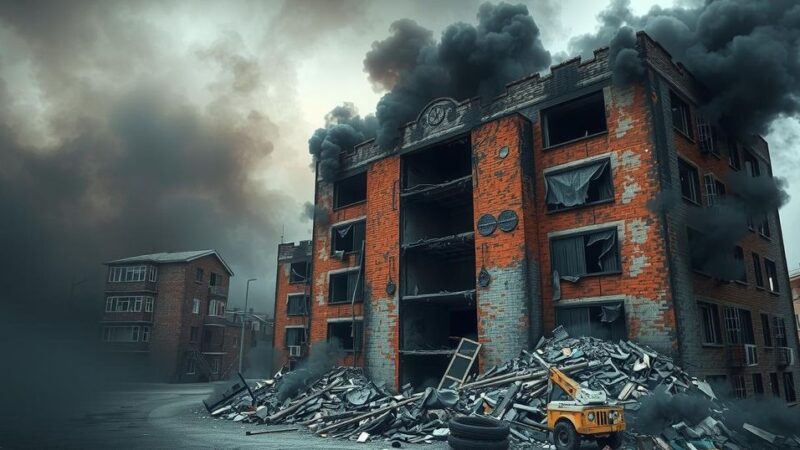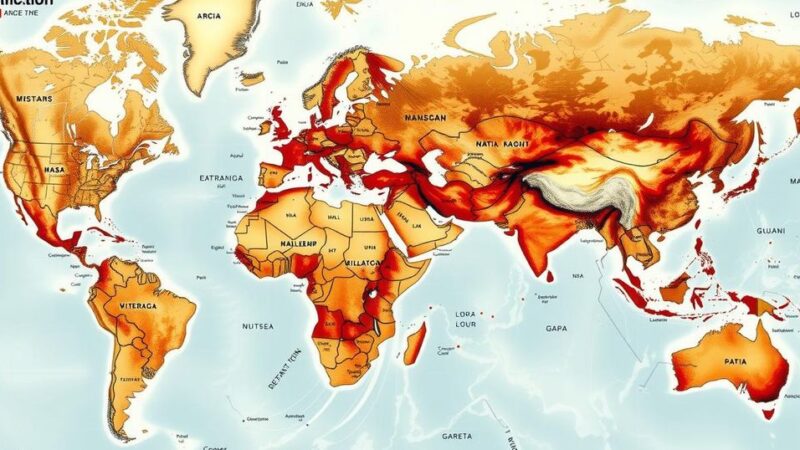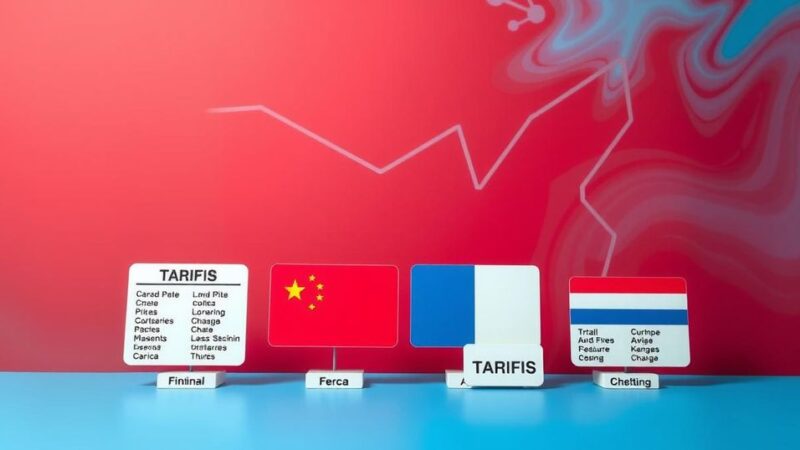M23 rebels have declared their withdrawal from peace talks in Angola due to EU sanctions imposed on them and Rwandan officials. They aimed to negotiate with the Congolese government to resolve the eastern conflict, but the sanctions have hindered the ongoing dialogue efforts.
On March 17, 2025, the M23 rebels announced their withdrawal from upcoming peace negotiations scheduled for Tuesday in Angola. These negotiations were set to take place between the M23 rebels and the government of the Democratic Republic of Congo, aiming to address the ongoing conflict in the eastern region of the country. The decision to withdraw was prompted by recent sanctions imposed by the European Union targeting both the M23 and Rwandan officials, which the rebel alliance described as detrimental to the peace process.
The Congo River Alliance, which encompasses the M23, issued a statement expressing that EU sanctions were designed to “obstruct the much-anticipated talks.” Their withdrawal raises concerns about the future of peace efforts in the volatile region, highlighting the delicate nature of the negotiations and the influence of external factors on conflict resolution. The situation underscores the challenges faced in efforts to achieve lasting peace in the Democratic Republic of Congo’s eastern territories.
In summary, the M23 rebels’ withdrawal from peace talks in Angola signifies a setback in the efforts to resolve the conflict in eastern Democratic Republic of Congo. The EU sanctions prompted this decision, indicating the substantial impact of international actions on local peace initiatives. As the situation develops, the prospects for constructive dialogue and resolution remain uncertain, emphasizing the need for a careful approach to addressing the underlying issues between the involved parties.
Original Source: www.dw.com






